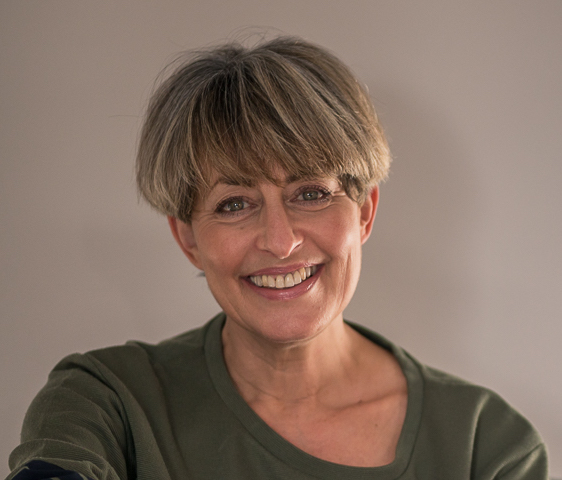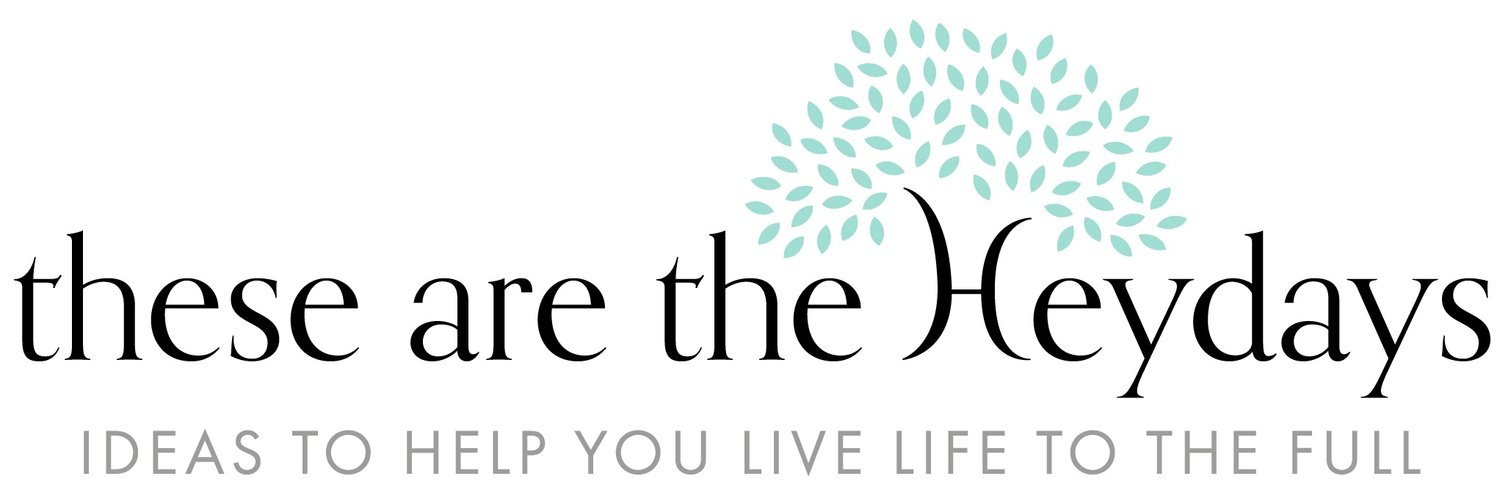Five reasons why you need to do nothing at all
Lordy but we do lead busy, busy lives, don’t we?
Busyness has somehow become a badge of honour. Proof that you’re filling your life with meaningfulness and purpose. A good reason to give yourself a good pat on the back.
But is it really?
Doing nothing is every bit as important as being purposeful and busy
We all know that there are constantly growing demands on our time and attention. Especially from all those temptingly distracting/indispensably informative (delete as appropriate) devices at our disposal (yes, I’m talking about you mobile phones, ipads and the like).
But what we might not be so aware of, is the damage that keeping ourselves so overly-occupied is doing to our health, our brains and our general wellbeing. Or just how much we can benefit from taking our foot off the pedal from time to time and slowing right down. To a complete halt in fact.
I’m not talking here about what we can gain from periods of meditation or mindfulness. I’m talking about the surprisingly difficult, but surprisingly valuable art of doing absolutely nothing at all.
Here are five reasons why doing nothing actually does more good for you than you might imagine.
Reason One - your brain will learn and remember better
Along with their relatively recent discovery that our brains can continue to learn new things throughout our lives, neuroscientists are also realising that it is vital for our brains to have down time too. Not least to process all the data and information they’re bombarded with on an hourly basis. Giving our brains a break also helps consolidate our memories and imprint the things we’ve learnt by strengthening the neural pathways necessary for those things to happen.
Reason Two - your attention will improve
Have you ever noticed that when you’ve been for a walk, or done something else relatively mindless, a problem that you’ve been grappling with seems easier to solve? Or you’ve had a great idea? Unsurprisingly, that not coincidence. It’s called the incubation effect, which basically means you’ve given your brain unconscious permission to get to work on solving or sorting something out. It can’t do that when you’re demanding it to pay attention to a dozen other things at the same time.
Reason Three - your body will thank you
We think the exhaustion that so often accompanies busyness is a sign that we’ve been filling our time productively, but it’s actually the opposite. It’s your body’s, overstimulated nervous system’s way of telling you it’s overloaded. Which, of course, is entirely counterproductive. So although it seems counter-intuitive, a period of doing absolutely nothing at all will fuel you with the energy your body needs to do everything you need it to. Including the ability to fight off all manner of health problems that it might otherwise succumb to.
Reason Four - you’ll feel better about yourself
Giving yourself permission to step off the mad hamster wheel subconsciously communicates to your body and your brain that you care about them, and therefore yourself, enough to protect and reward them for all the hard work they do for you. It’s a powerful subliminal message for your sense of self-worth and wellbeing.
Reason Five - you won’t find it easy, and that’s a good thing!
Doing nothing isn’t as easy as it sounds. In fact it’s quite tricky. It’s takes practice to corral your overstimulated attention and force it to focus on nothing at all. But the good news is that overcoming that challenge will actually help sharpen your attention the rest of the time.
Learning how to do nothing
So how do you actually do nothing? Because going for a walk or even meditating, isn’t, it turns out, doing nothing. The aim here is to try to do nothing AT ALL.
Yoga and meditation expert, James Reeve, is the co-author of a new book The Book of Rest: Stop Striving, Start Being These are his top tips for working towards that tantalising, healing, restorative state of nothingness.
Prepare: turn off your phone, close your computer, shut the curtains – whatever it takes to reduce the likelihood of being disturbed.
Make yourself comfortable, either sitting or lying down.
Drop your expectations and let go of any need for an outcome.
Your mind will want to do so many things and think many thoughts. Just let that happen. You don’t need to do a thing.
If you’re finding it hard, start doing this for just a minute or two, working up until you can get to 20 or 30 minutes. You need to build up your tolerance over time.
When you feel it’s time to end, mark the moment with a stretch or a deep breath.
Be aware of how this period of nothing impacts on the rest of your day. What does ‘nothing’ bring to your life?
Do you ever feel the busyness of your life is out of control?
Other posts you’ll enjoy
Why to-do lists are so soothing and why this one might just be the best one ever





